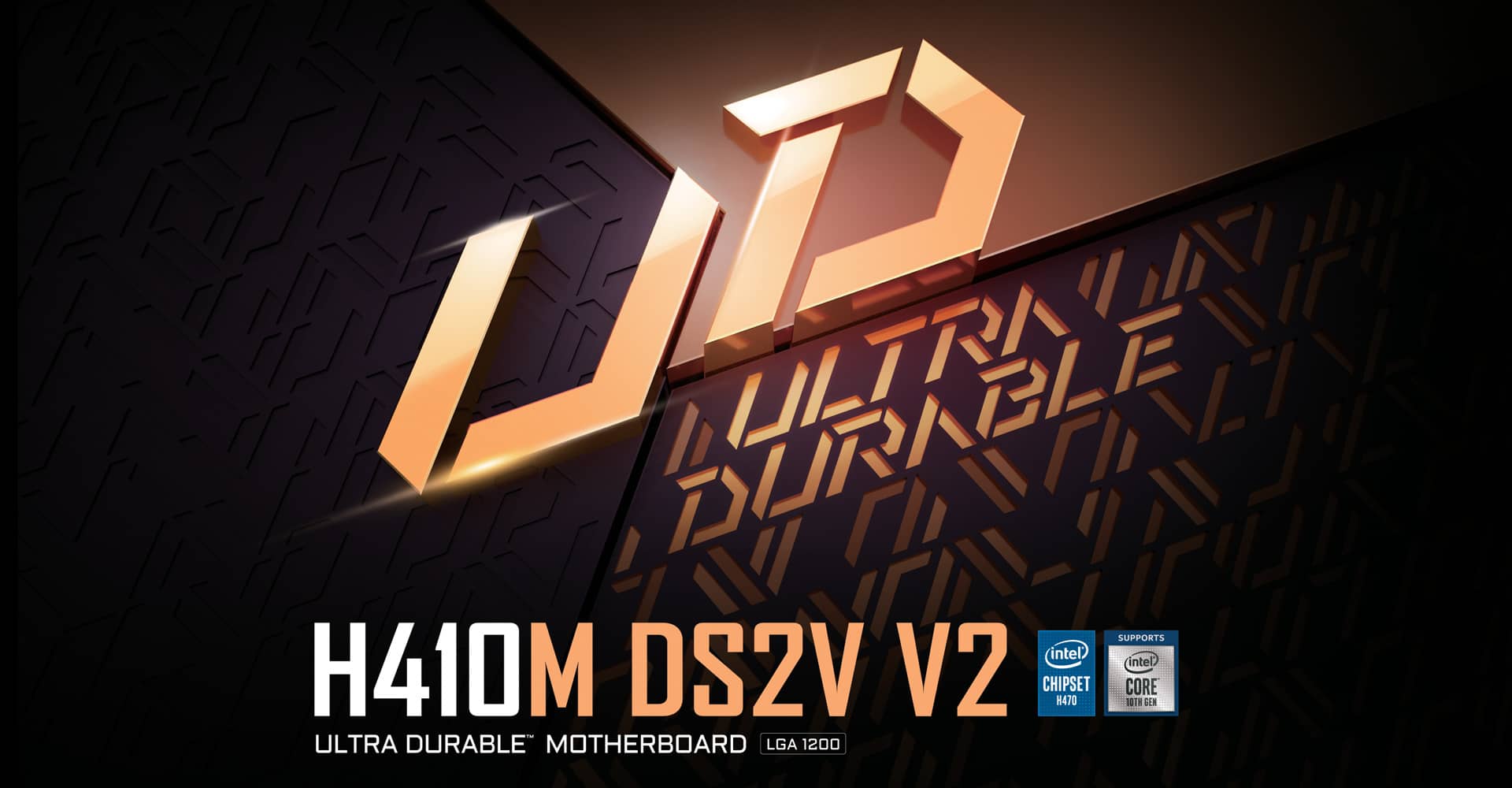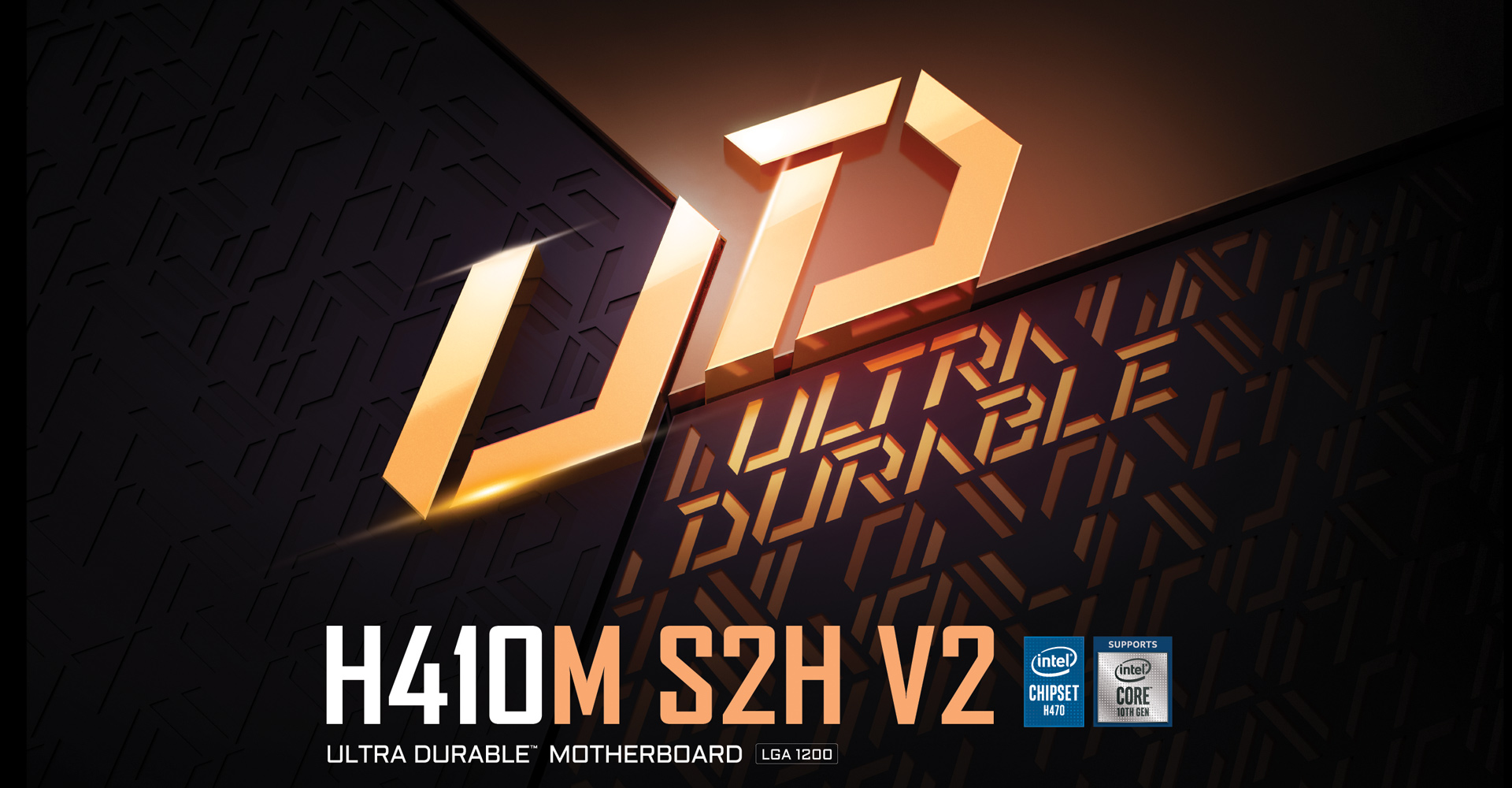Vendors Sneakily Add Rocket Lake Support for H410, B460 Motherboards
Motherboard vendors are reportedly releasing revised H410 and B460 motherboards with the H470 chipset to provide Rocket Lake support. This tactic allows them to circumvent Intel's new rules, which only supports Rocket Lake chips on Z490 and H470 motherboards while not allowing support on H410 and B460.
Intel's incoming 11th-Gen Rocket Lake processors continue to use the LGA1200 socket and are backward compatible with some, but not all, 400-series chipsets. Owners of Z490 and H470 motherboards can access Rocket Lake with a simple firmware upgrade provided by the vendor. Lamentably, H410 and B460 owners are out of luck, and it's not because Intel decided to maliciously lock out Rocket Lake support for the two budget chipsets.
The H410 and B460 do not support Rocket Lake processors, and the chipsets are based on an older 22nm process node. To bypass the limitation, motherboard manufacturers would basically have to sneak in the H470 chipset into their H410 and B460 motherboards to provide Rocket Lake compatibility. However, they will continue to market the products as H410 and B460.


Gigabyte appears to be one of the motherboard vendors that will use the tactic. The company has already listed the H410M DS2V V2 and H410M S2H V2 that leveraged the H470 chipset, which is ironic. Since Gigabyte has already prepared the motherboards, we assume that Intel doesn't have a problem with vendors pulling this trick. However, if Intel doesn't expressly approve the tactic, it wouldn't be the first time that motherboard vendors have bent the rules, as we saw when MSI enabled overclocking on locked SKUs in the past.
Here's some other food for thought. With the 500-series chipset, Intel has increased the DMI link from the chipset to the processor from the previous x4 to a x8 connection. The wider DMI link improves the bandwidth available to devices that are connected to the chipset. The kicker is that the B560 and H510 chipsets retain the x4 connection. We're not saying that it will happen, but it's not unreasonable to think that motherboard vendors could potentially enable the x8 link for the B560 and H510 motherboards through a similar technique.
We know that sometimes product revisions don't always live up to what they pretend to be. However, we're all in favor if they're for the benefit of the consumer. In this case, the revised H410 and B460 motherboards provide a cost-effective upgrade path for users that want to jump on the Rocket Lake train, but don't want to spend too much on a 500-series motherboard.
Get Tom's Hardware's best news and in-depth reviews, straight to your inbox.

Zhiye Liu is a news editor, memory reviewer, and SSD tester at Tom’s Hardware. Although he loves everything that’s hardware, he has a soft spot for CPUs, GPUs, and RAM.